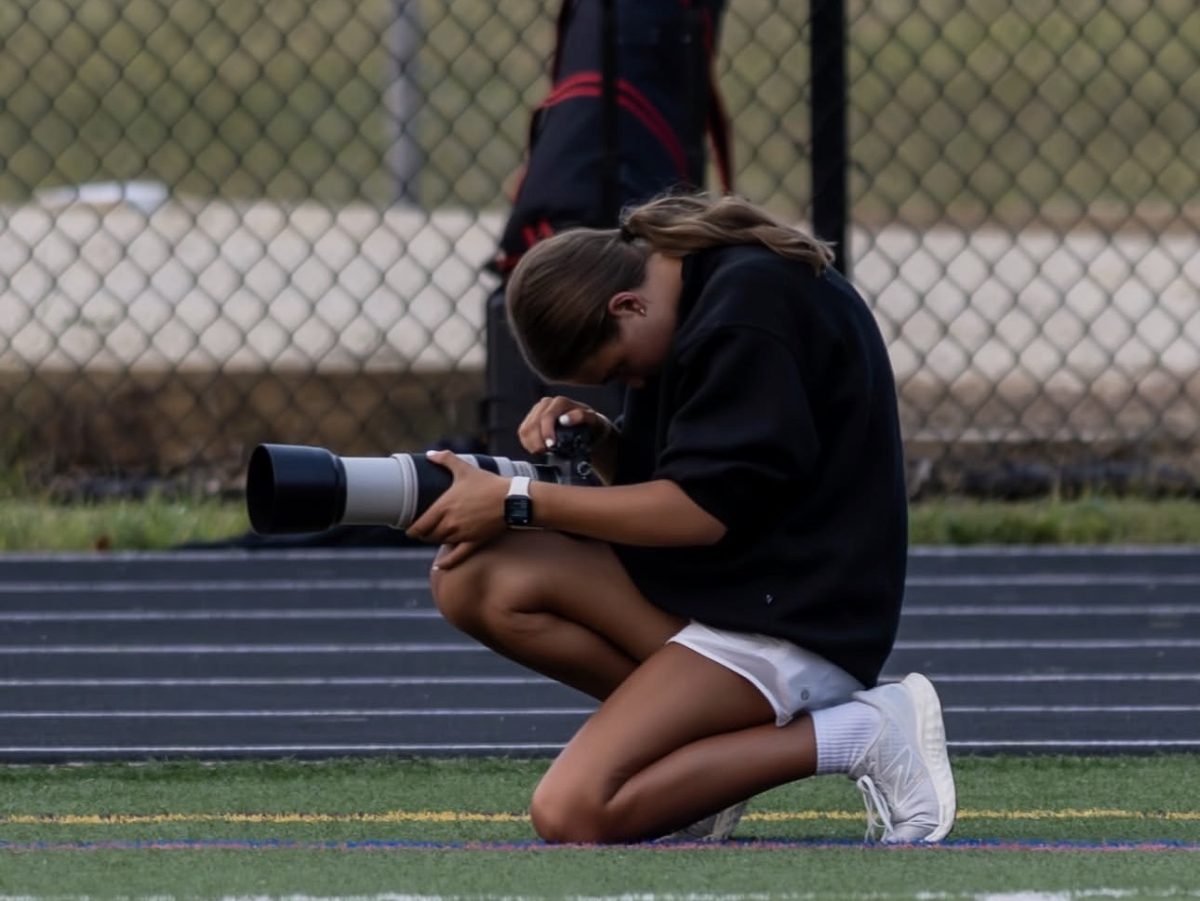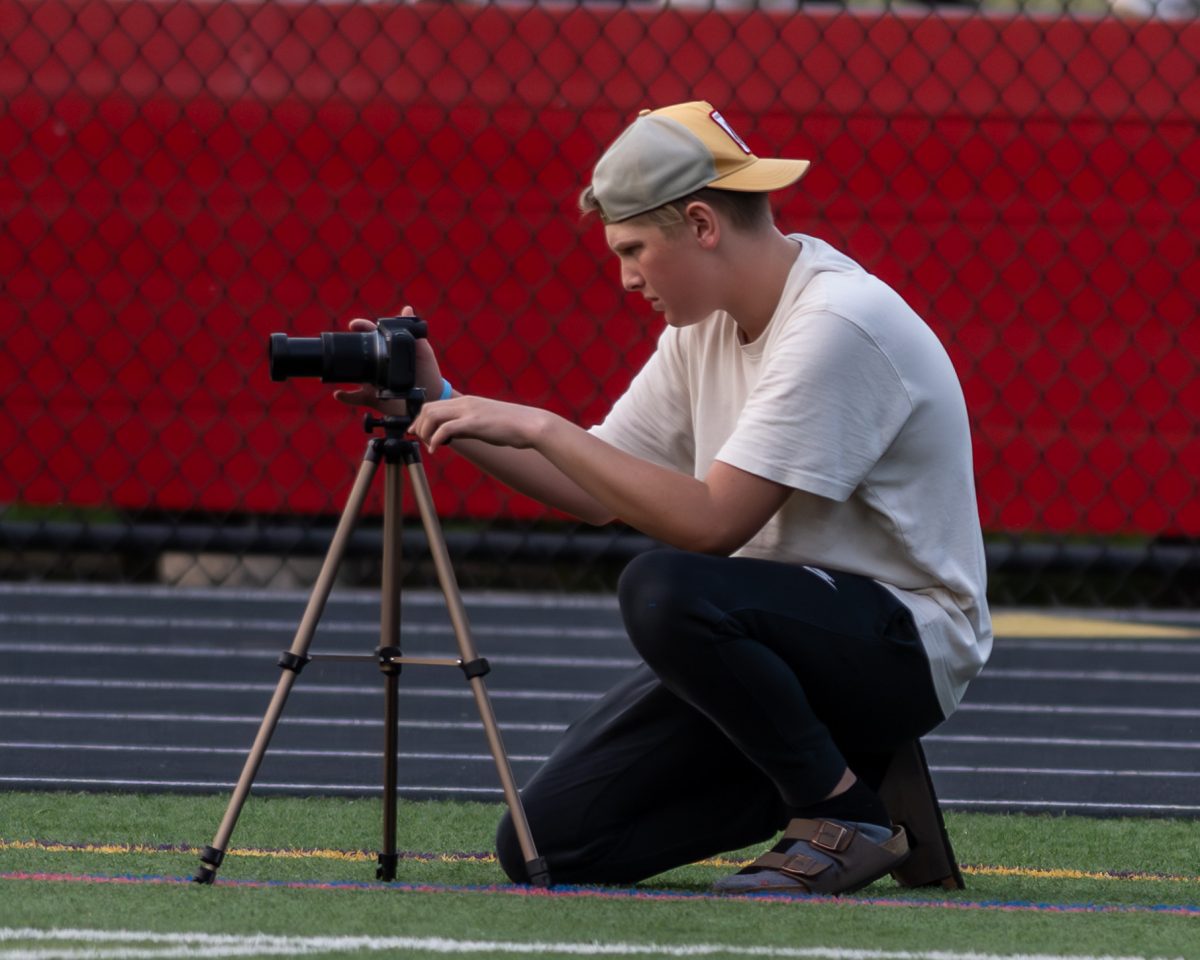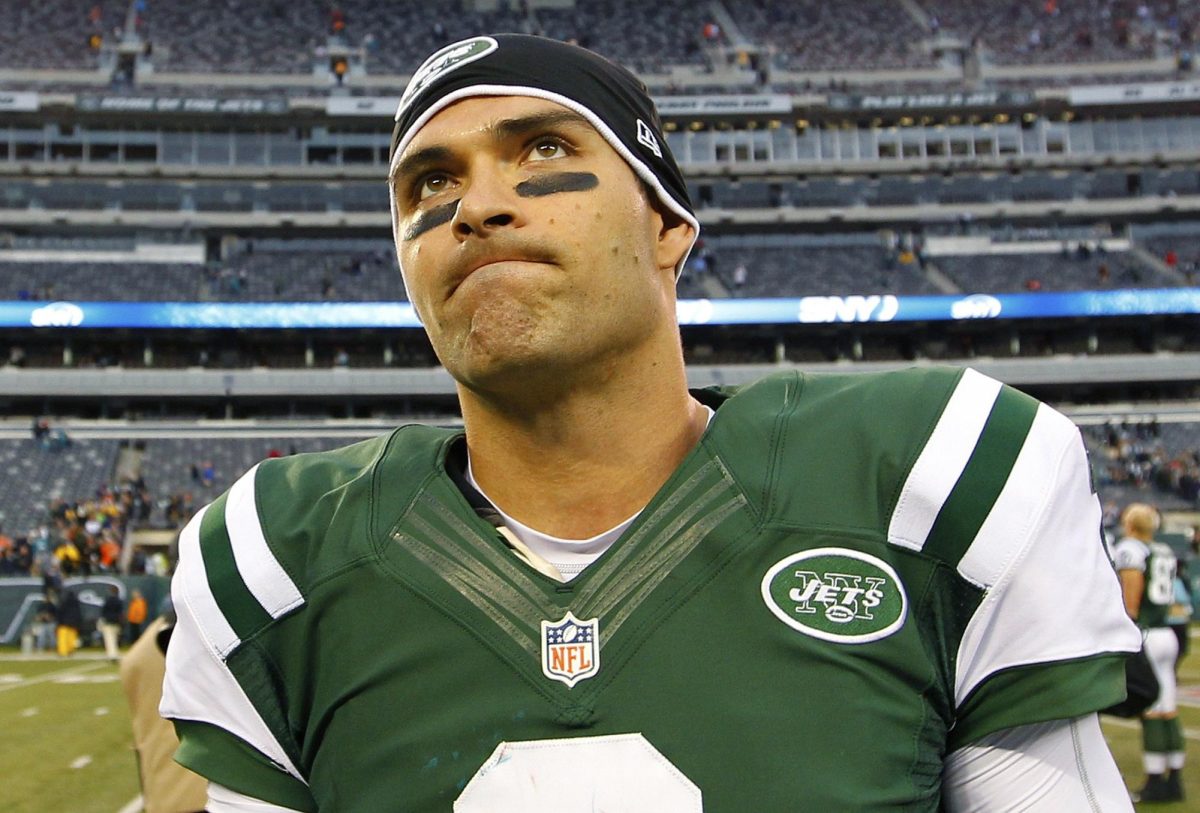The rapid normalization of sports betting has transformed the landscape of professional and collegiate sports. It has led to an increase in fans loosely throwing their money around. When they see a bet they like, people get excited, leading to both success and failure, which has led fans to poor financial habits.
As online and mobile betting have skyrocketed in popularity over the past few years, an increasing number of young adults and high school students have become involved, despite the practice being illegal for minors. It may be easy to forget the risks of consistently putting real money on the line. Fans hope their bets will work out, and are blinded from the long-term consequences that can arise from this practice.
It is hard to blame young adults for betting when it is so predominantly presented on social media, on television and even in stadiums. Also, the appeal of making some extra cash straight from your phone is hard to ignore.
Some of the most popular betting sites, including FanDuel and DraftKings, have partnerships with league teams such as the Buffalo Bills, Philadelphia Eagles, Chicago Bulls, Toronto Raptors, and Major League Baseball, among others. It has become unavoidable for fans not to feel inclined to throw $10 on a team winning or a player reaching a certain number of points due to these apps and teams marketing the profits and promise of the bets.
West Essex administrators are aware of the rise in sports betting among the students. While they know that personal accountability is important, they hope to make students aware of the consequences that can occur.
“We can take a firm stance on gambling,” Principal Dr. Kimberly Westervelt said. “Our code of conduct does not allow gambling on school grounds or at school events. If students are engaged in betting on West Essex property, we can impose discipline.”
Along with Dr. Westervelt, accounting and sports management teacher Andrea Llauget, also known as Mondo, wants her students to understand the importance and reality of sports betting.
“From a teaching perspective, I think it’s crucial that if sports betting is legal—as it is here in New Jersey—we pair it with strong education on financial literacy, responsible decision-making, and the risks involved with high-stakes betting,” Mondo said.
Since the argument is that many young adults are not fully aware of their spending, the school can hope that students will pay attention to financial literacy. If students consider the lasting impacts consistent betting problems can have on their future, they may be more likely to want to save their money. While everyone is different, and it truly is the individual’s responsibility, students and families should try to remember what they are really doing.
“Ultimately, it is the parents’ responsibility,” Mondo said. “That said, if we provide the right financial literacy programs in schools and create open conversations about gambling, we can help students make better, more informed decisions.”
As the line between sports fandom and gambling continues to blur, it is important to warn young fans of the dangers of this addiction. What may seem like entertainment and fun can quickly lead to an immense amount of emotional distress. Until tougher regulations are in place or a slump in the rise of sports betting programs happens, more fans continue to pay a larger price than just losing a bit of money on a bet.









